Filtered Results
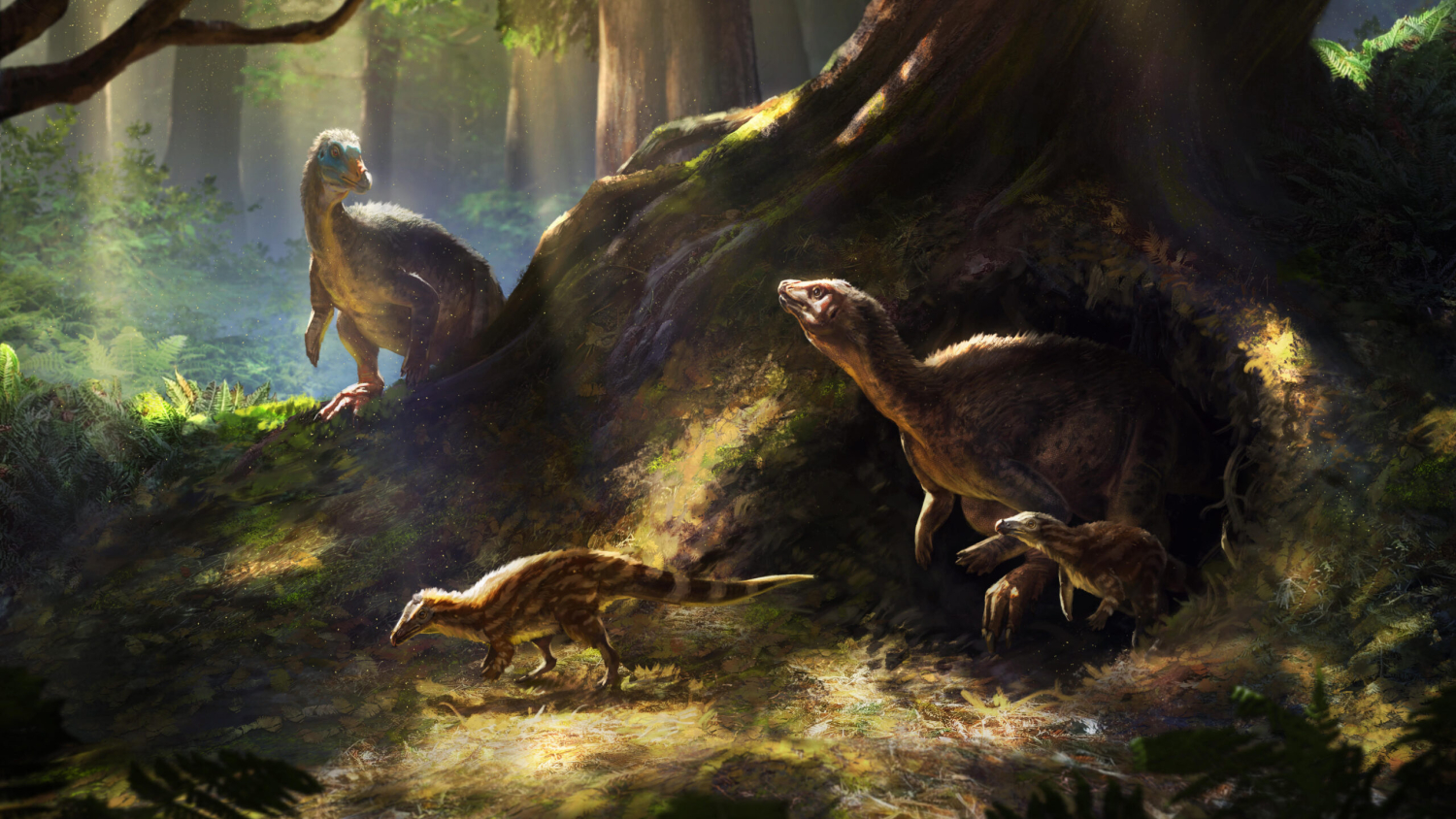
Dig This: ‘Neglected’ Dinosaur Had Super Senses
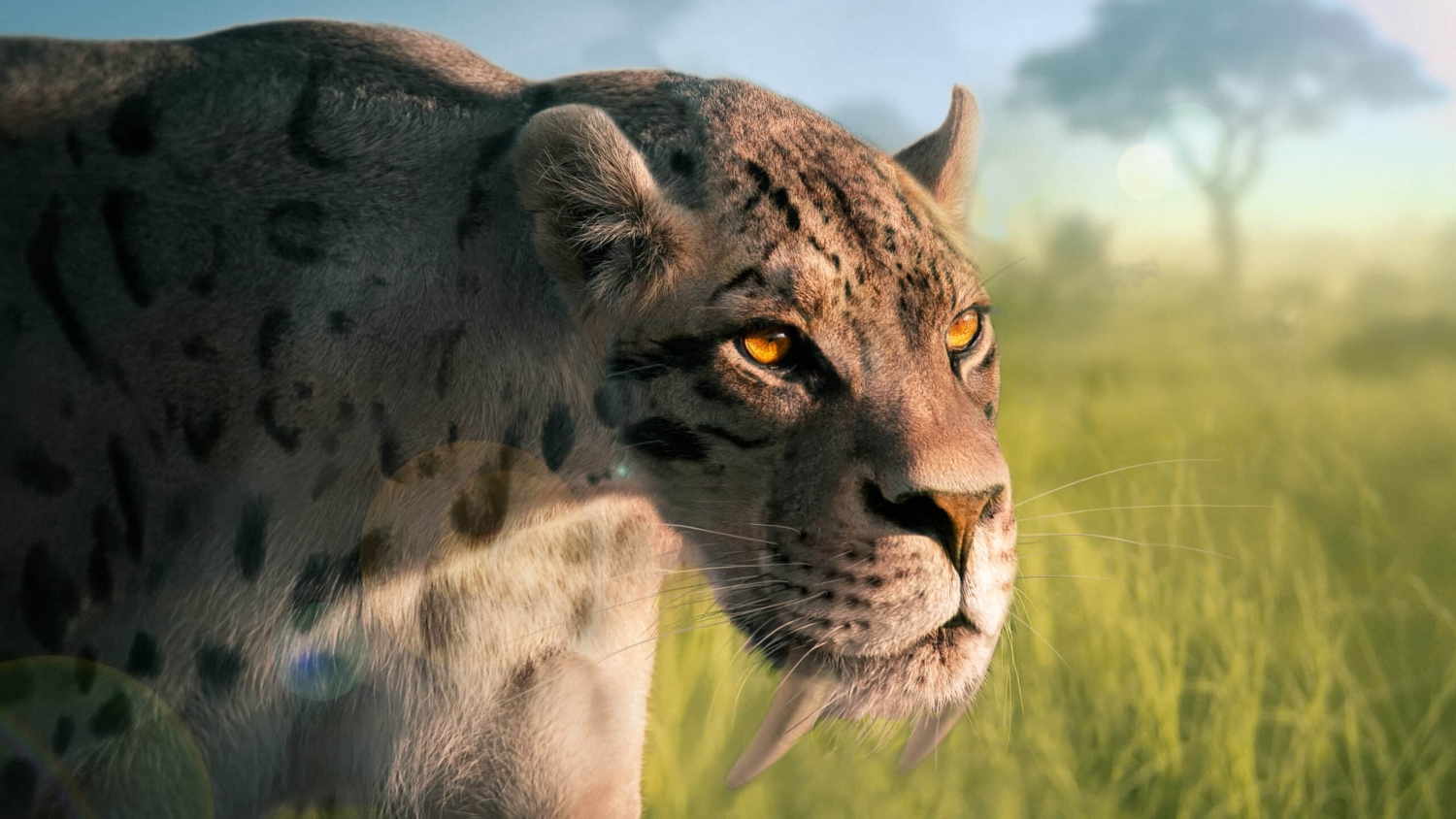
Did Sabertooth Tigers Purr or Roar?

Why You Shouldn’t Declaw Tigers or Other Big Cats
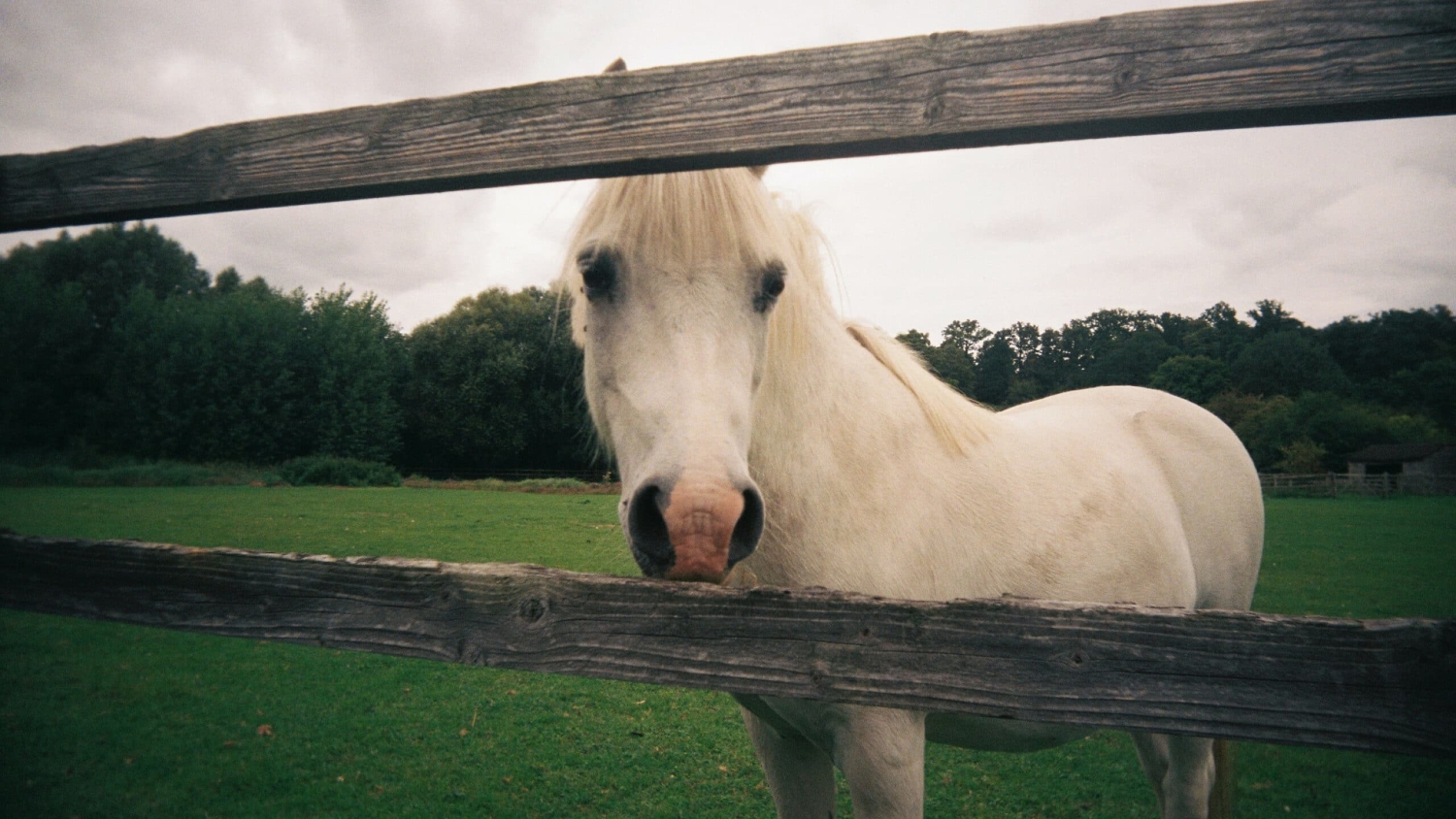
PFAS Found in Blood of Dogs, Horses Living Near Fayetteville, N.C.
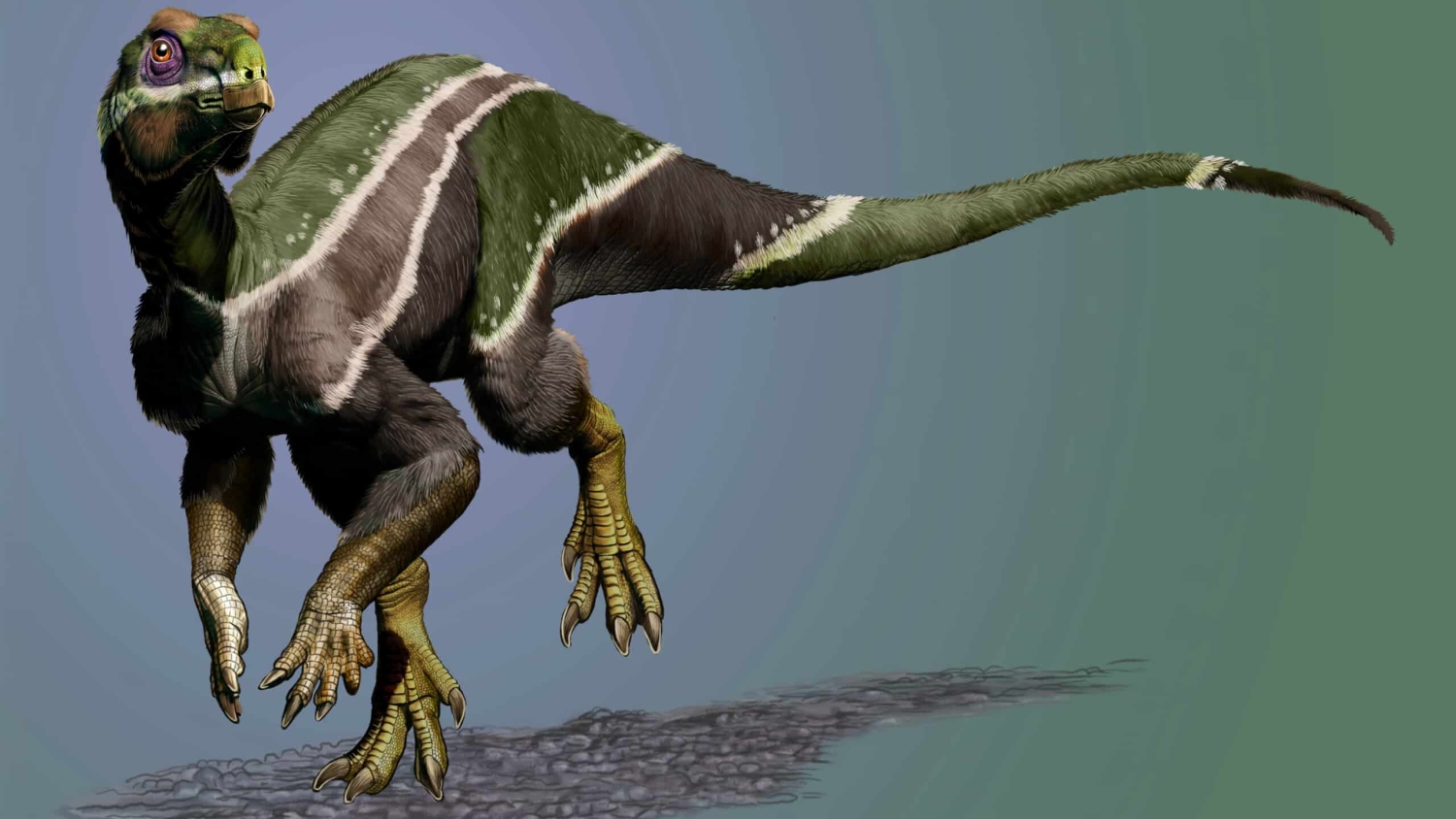
New Dino, ‘Iani,’ Was Face of a Changing Planet

How Are Dino Tissues Preserved in Deep Time?

Gestational Exposure to Flame Retardant Alters Brain Development in Rats
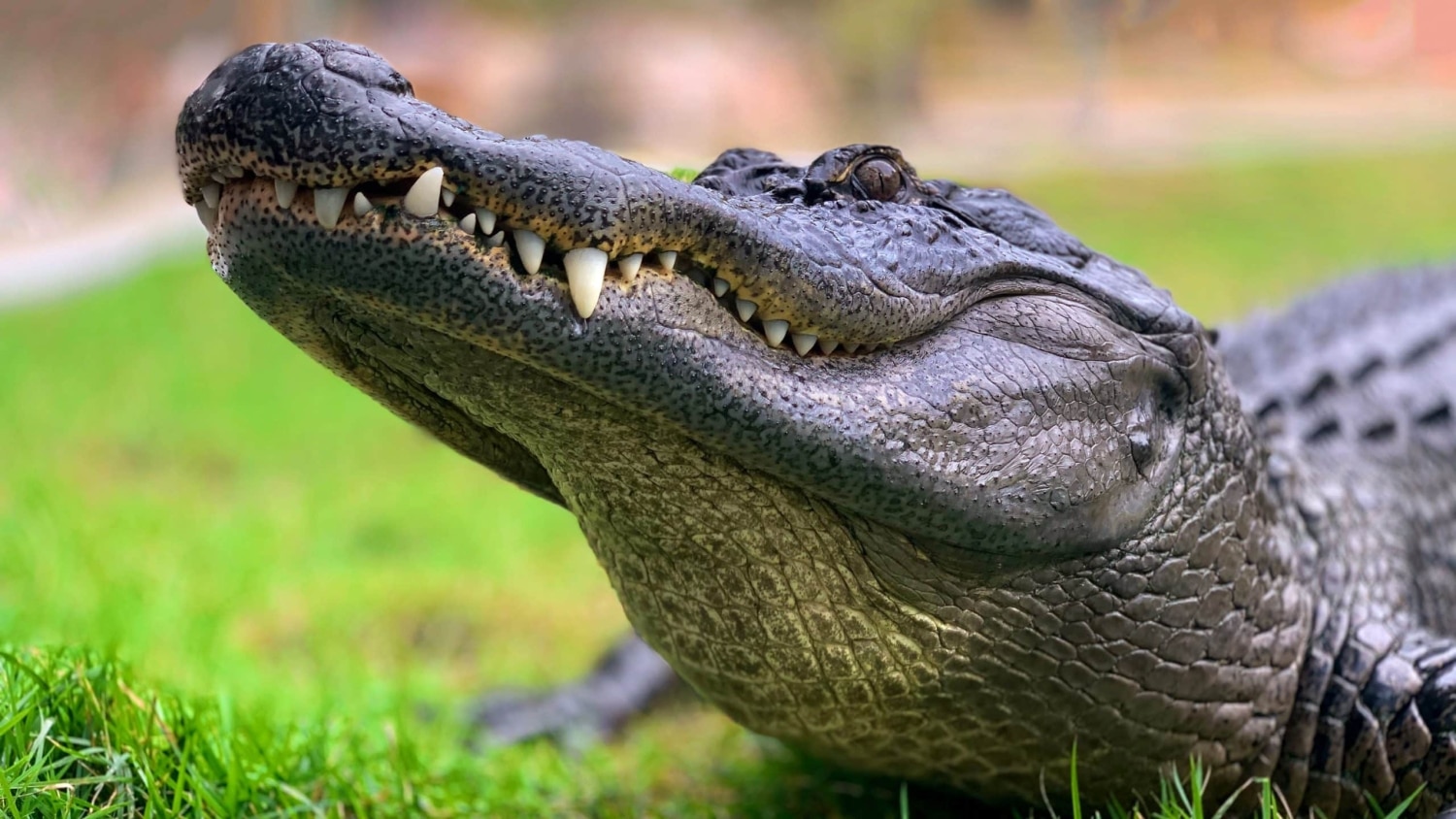
Alligators Exposed to PFAS Show Autoimmune Effects

Elevated Cholesterol Found in GenX Exposure Study Participants
